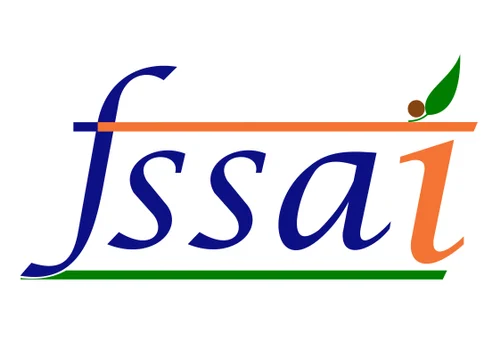The Food Safety and Standards Authority of India (FSSAI) is the regulatory body that ensures food businesses in India comply with safety and quality standards. If you’re running any kind of food business—whether it’s a small stall, cloud kitchen, large manufacturing unit, or import/export venture—you must obtain an FSSAI registration certificate.
But not all registrations are the same. Depending on the size, turnover, and nature of your business, there are different types of FSSAI registration available. Choosing the right category is important to stay compliant and avoid penalties.
1. FSSAI Basic Registration
This is the simplest form of registration and is mandatory for small food businesses.
-
Who Needs It:
-
Petty food manufacturers
-
Small food stalls, vendors, hawkers
-
Small-scale units with turnover below ₹12 lakh annually
-
-
Validity: 1 to 5 years
-
Documents Required: Identity proof, passport-sized photo, and business details
👉 If your business is at an early stage or operates on a small scale, the basic FSSAI registration certificate is sufficient.
2. FSSAI State License
When your food business grows beyond the basic category, you need to upgrade to a state license.
-
Who Needs It:
-
Medium-sized food manufacturers, traders, distributors
-
Hotels, restaurants, and catering services operating within one state
-
Businesses with turnover between ₹12 lakh and ₹20 crore
-
-
Validity: 1 to 5 years
-
Documents Required: Business registration proof, food safety plan, manufacturing unit details, and NOC from the municipality
👉 This license is suitable for businesses that have expanded operations but are still confined to a single state.
3. FSSAI Central License
This is the highest category of registration, meant for large businesses and organizations operating at a national or international level.
-
Who Needs It:
-
Food businesses with turnover above ₹20 crore
-
Importers and exporters of food products
-
Large manufacturers, operators in multiple states, airports, seaports
-
E-commerce food businesses (like online delivery aggregators)
-
-
Validity: 1 to 5 years
-
Documents Required: Detailed business incorporation documents, food safety management plan, list of directors/partners, and processing unit layout
👉 If your business is operating across India or involved in import/export, the central FSSAI registration certificate is mandatory.
Quick Comparison of Types of FSSAI Registration
| Type of Registration | Suitable For | Turnover Limit | Validity |
|---|---|---|---|
| Basic | Small food vendors, petty manufacturers | Up to ₹12 lakh | 1–5 years |
| State License | Medium food businesses, restaurants, catering | ₹12 lakh – ₹20 crore | 1–5 years |
| Central License | Large businesses, importers/exporters, multi-state operators | Above ₹20 crore | 1–5 years |
Why Choosing the Right FSSAI Registration Matters
-
Legal compliance: Avoid fines and license cancellations.
-
Consumer trust: FSSAI certificate is a mark of quality and safety.
-
Expansion: Helps you scale business from local to state to national levels.
-
Market access: Essential for export/import and for listing on e-commerce platforms.
Final Words
Understanding the types of FSSAI registration certificates in India helps food businesses choose the right path for compliance. Whether you’re a small vendor starting out, a restaurant expanding across a state, or a large enterprise going global, there’s an FSSAI category designed for your needs.
👉 To avoid confusion and delays, consult experts who can guide you through the application process, documentation, and renewals—ensuring your food business runs smoothly without regulatory hurdles.



